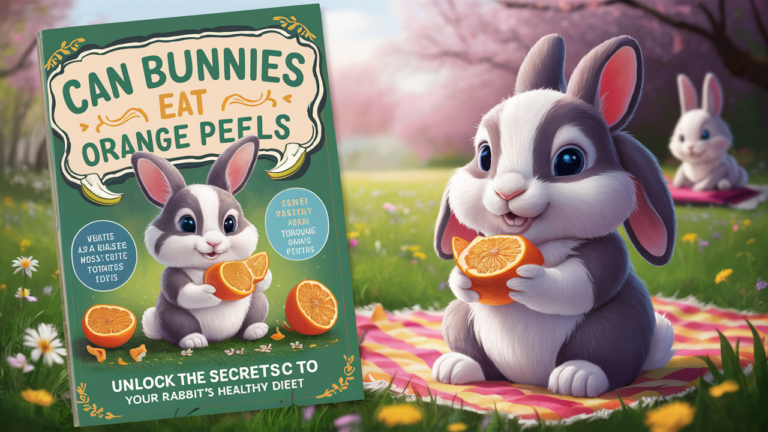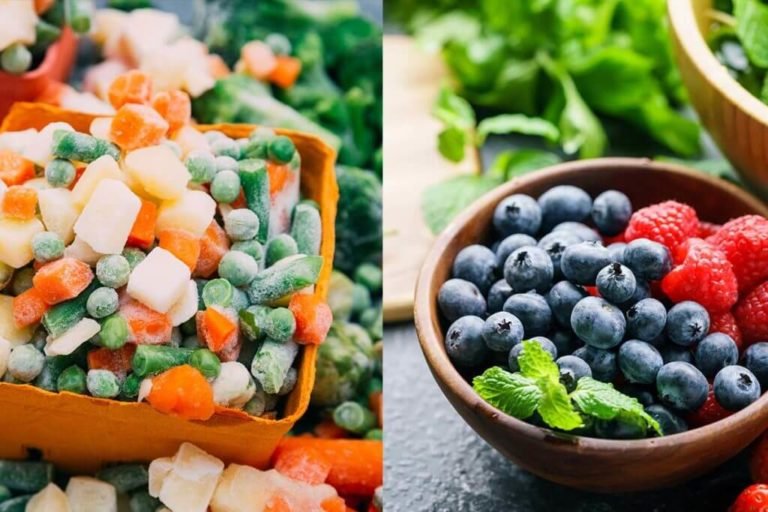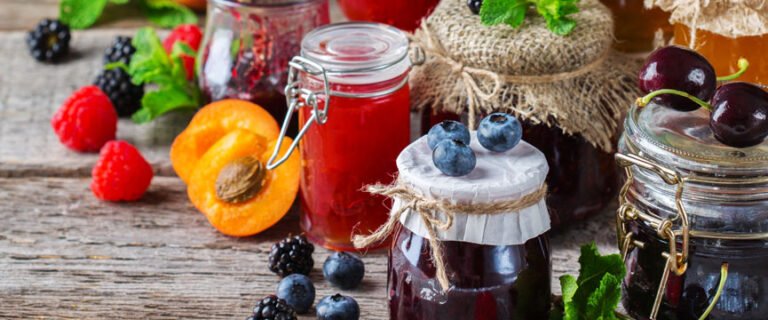Food product market viability is a crucial step in food product development. When you are in a highly competitive market, you need to know whether this product can succeed in the market. You need to find answers to some critical questions like:
- Is there sufficient demand for the product?
- Can you competitively price the product and be profitable?
- Does the product meet safety requirements and regulatory standards?
- How to reach the target market?
- How well is the product aligned with the current customer preferences and market trends?
So, let’s learn more.
Understanding Market Viability
Market viability assesses a product’s potential by evaluating consumer demand, competition, pricing, regulations, and distribution channels. This process helps determine whether a product idea is worth pursuing. Hiring expert food and beverage consultants like Food Scientist For Hire is essential in assessing these factors, offering expertise to align products with market trends and consumer preferences.
Key Components of Market Viability
Consumer Demand
Consumer demand is fundamental to market viability. A product must meet a market need or address consumer preferences. Market research through surveys, focus groups, and trend analysis helps businesses understand consumer behaviors. A food scientist refines the product by testing its sensory aspects, ensuring it aligns with consumer expectations, such as developing healthier or gluten-free alternatives.
Competitive Landscape
Analyzing competitors is vital to determining market viability. Identifying similar products helps businesses pinpoint market gaps and differentiate their products. A food scientist enhances a product’s flavor, texture, or nutritional value, making it more competitive.
Pricing Strategy
Pricing directly impacts a product’s success. It requires balancing production costs with perceived consumer value. Collaborating with a food scientist helps assess ingredient sourcing, production, and packaging to determine a competitive and realistic price, ensuring the product remains profitable.
Regulatory Compliance
Food products must meet regulatory standards to ensure safety and avoid legal issues. A food scientist ensures compliance with regulations such as those from the FDA, USDA, or EU. This guidance minimizes the risk of delays and legal challenges, facilitating smooth market entry.
Distribution Channels
Effective distribution is key to product success. A food product must be easily accessible through retail or online platforms. A food scientist can optimize packaging and shelf-life to meet the demands of different distribution channels, ensuring the product stays fresh and appealing.
How to Assess Market Viability
Conduct Market Research
Gathering data through consumer surveys and focus groups provides insights into preferences and buying habits. Food scientists can deepen this research by offering sensory evaluations and interpreting results related to taste, texture, and overall product characteristics.
Competitor and Trend Analysis
Understanding market trends and analyzing competitors allows businesses to identify opportunities and challenges. A food scientist helps refine product features based on competitor analysis, ensuring the product meets market trends and outperforms existing offerings.
Prototyping and Testing
Creating a product prototype and testing it with consumers provides valuable feedback. Prototyping helps determine whether the product aligns with consumer expectations. Based on this feedback, working with a food scientist to refine formulations ensures a product that’s ready for market.
Financial Feasibility
Analyzing production costs, potential sales volume, and profitability ensures a product can generate enough profit to justify the investment. A food scientist contributes by assessing cost-effective production methods and ingredient sourcing.
How to Hire a Food Scientist
Assess Experience
Look for a food scientist with experience in your specific product category. Specialization in certain areas, such as beverages or snacks, ensures valuable insights.
Check Qualifications
Ensure the food scientist has a relevant degree in food science or a related field and practical product development experience.
Understand Their Role
A food scientist’s role extends beyond formulation; they contribute to quality control, shelf-life testing, and regulatory compliance, all crucial for a successful product.
Consider a Consultant
Hiring a food product development consultant can be a more flexible solution for those who need specific expertise during certain development stages.
Conclusion
Market viability is essential for assessing a food product’s potential in the market. By evaluating factors like consumer demand, competition, pricing, and regulatory compliance, businesses can reduce risks and increase their chances of success. Food Scientist For Hire plays a crucial role in ensuring your product meets market trends, regulatory requirements, and consumer preferences, ultimately optimizing its chance of a successful launch.







